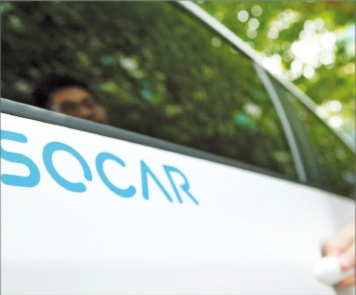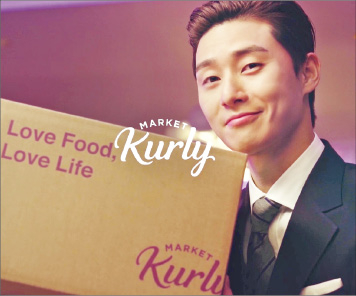Unicorns like Socar and Kurly to dominate Q2 IPOs
Lower barriers to entry after Korea Stock Exchange fine tunes guidelines for listing
By Dec 20, 2021 (Gmt+09:00)
Samsung shifts to emergency mode with 6-day work week for executives


CJ CheilJedang to sell feed, livestock unit for $1.4 bn


Samsung Electronics' key M&A man returns; big deals in the offing


Affinity to buy SK Rent-a-Car at $572 mn, more deals expected


Keppel REIT to sell Seoul-based prime office T Tower



KoreaŌĆÖs first mobility unicorn Socar and an online grocery delivery service operator Kurly Inc. are scheduled to begin the process of an IPO early next year.┬Ā
Socar and Kurly are poised to request the screening in preparation for listing on the Korea Stock Exchange. As the screening takes 45 business days, industry insiders expect the listing to take place in March or April of 2022.Before that, conglomerates such as LG Energy Solution, Ltd., Hyundai Engineering Co., and Hyundai Oilbank will dominate the first quarterŌĆÖs IPOs. Unicorns, as startups that reach the valuation of $1 billion are called, will heat up the second quarter listings.┬Ā
The start-ups are flocking to Kospi and Kosdaq after the Korea Stock Exchange have relaxed the conditions for getting listed.┬Ā
Previously, a company with over 200 billion won ($168.9 million) in market capitalization had to have sales of 100 billion won or pre-tax profit of 5 billion won to be listed on the benchmark Kospi.┬Ā
Ever since homegrown e-commerce giant Coupang got listed on the NYSE earlier this year and saw its market capitalization soar to 100 trillion won, there have been criticism that Korea is losing its startups to overseas exchanges due to the high barrier to entry.┬Ā
The Korea Stock Exchange reorganized its guidelines in April to allow a company with market capitalization over a trillion won to be able to request to get listed on Kospi. This means, even a company in red can be listed if it has potential for growth.┬Ā
FROM 5 CARS TO ACQUIRING GAMUT OF MOBILITY APPS
Established in 2011, Socar started out with five employees and 20 cars. In 10 years, the number of vehicles in operation grew to 18,000 and its users to some 7 million.
Its sales volume jumped six-fold from 48.6 billion won in 2015 to 263.7 billion won this year.┬Ā
The car-sharing app is expanding rapidly. It recently acquired Modu Co., which operates bicycle and parking spot sharing platforms. SocarŌĆÖs other subsidiaries include V CNC Co.,Ltd., Polariant Co., Ltd, and Charcare.

Kurly Inc. is an operator of South Korea's online grocery delivery service Market Kurly.
Earlier this month, the company raised 250 billion won ($212 million) in pre-IPO funding at a valuation of between 3.7 trillion and 4 trillion won.
The gourmet food delivery platform, known for its dawn delivery service, informed its major shareholders of the latest fundraising back in November.
Its enterprise value has soared over 50%, compared with the 2.5 trillion won last June when it raised 225.4 billion won in a Series F funding round. In April 2020, it attracted 200 billion won in investment at a valuation of 900 billion won.
With the latest IPO, Kurly plans to improve its financial structure and invest into a simplified payment system on the app.┬Ā
The market capitalization for Socar and Kurly are widely expected to be around two and four trillion won respectively.
Write to Jun Ye-jin at ace@hankyung.com
Jee Abbey Lee edited this article







